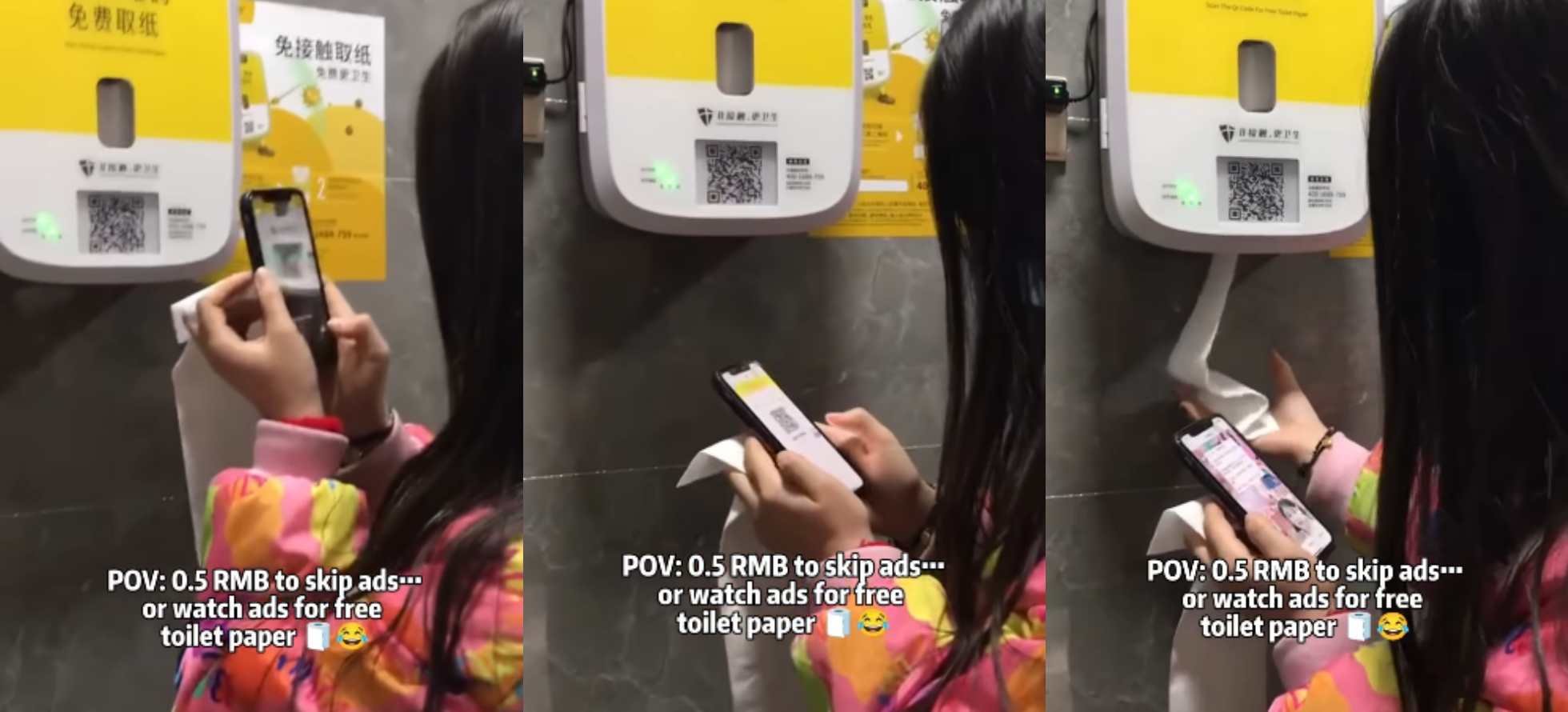According to Smashing Pumpkins frontman Billy Corgan, rock didn’t fade away naturally. It was deliberately pushed aside when MTV made a calculated shift toward rap music in the late 1990s, fundamentally silencing rock stars who once dominated mainstream consciousness.
In a podcast conversation with Conrad Flynn, Corgan made a claim about what he witnessed firsthand during his years at the center of the music industry. “I think that rock has been purposely dialed down in the culture,” Corgan stated when asked about the current state of the genre.
According to Corgan, the transformation began at a specific moment. “If you were at MTV or around MTV 1997, 1998, suddenly they decided rock was out, right?” he explained. “When rock was still very very high up in the thing and it was replaced by rap.” The shift wasn’t organic, he argued. It was institutional.
“They immediately changed the way… their standards and practices immediately shifted,” Corgan continued. “So now that things that weren’t allowed were suddenly allowed, people were waving g*ns.”
He clarified his position carefully: “And of course great music came out of it. So it’s not a barren wasteland where something was pushed in that replaced something. Qualitative things and great artists came in but there was this overt shift. I saw it happen.”
The conversation took a deeper turn when Flynn asked Corgan to elaborate on the timeline. “Late ’90s,” Corgan confirmed. “I think the first and again this gets wizard behind the curtain, right? Somebody’s going to say, ‘Well, how do you know who was the wizard behind the curtain?’ All I know is I saw the gravity shift.”
Corgan drew a comparison to how astronomers detect invisible celestial bodies. He recalled a moment at a symposium in Nantucket where he was publicly questioned about his contrarian opinions.
“I reached for analogy and somehow it landed. And I said, ‘Well, you know, sometimes when they examine the stars, they know that a star is there, but they can’t see it, right? And how do they know it’s there? Because they see its effect, gravitational effect on the other stars.’ And I said, ‘So, I know enough behind the wizard’s curtain to see I can see the gravity pulling things left and right. I don’t have to see the source of the gravitational pull to know it’s there.'”
The result of this shift, according to Corgan, has created a disconnect in the modern music industry. “Now as you pointed out, rap seems to be waning in terms of its cultural influence,” he told Flynn. “Pop is completely dominant. Rock is the probably the most dominant ticket selling thing in in the western world, and yet there’s almost no representation of rock in culture.”
He continued: “So why do we have that schism? I think they purposely dialed down the ability of rock stars to have a voice in the culture.”
When pressed on whether he was simply an aging rockstar complaining about changing tastes, Corgan stood firm. Flynn asked directly: “Am I being an aging rockstar who’s complaining about a changing of the guard or is there validity to that assertion?”
Corgan’s response cut to what he sees as the economic heart of the matter. He compared the current pop music system to the exploitation inherent in other entertainment industries.
“When I see a system built up that is not that dissimilar than p*rn that is about exploiting human capital, right? And narrowing and narrowing the definition of what makes something popular so it could be commoditized. That to me is the heart of evil because what you’re doing is you’re giving people binary choices which aren’t binary choices at all.”
He painted a picture of young artists being manipulated: “Hey, you can get back on the bus to Kansas or you can do it this way. This is the way that it’s done. And I’ve seen a system put in place in the last 20 to 25 years that was already there and existed in Hollywood, but it’s actually publicly commoditized now.”
The rock icon pointed to a troubling historical parallel. Comparing the modern pop system to The Monkees, the manufactured 1960s band, he noted: “If you stop the clock in 1966 and say, ‘Take your pick. the Beatles or the Monkees. You’d say the Beatles win every time, but the Monkees end up being the model that comes in. We don’t have 20 Beatles now. But we have 20 Monkees.”
Flynn pushed back, suggesting the number was even higher: “We have 20,000 Monkees.”
Throughout the conversation, Corgan returned repeatedly to the idea that rock’s marginalization represents something unprecedented. “You could argue rock’s been at its weakest point since Elvis showed up,” he said, describing the last 15 to 20 years as a period when rock was “marginalized really for the first time in the history of rock and roll.”
Corgan’s comments sound quite similar to influencers and online personalities arguing that certain cultural standards are being deliberately reshaped, often framing the shift as something imposed rather than organic.
Recently, the girlfriend of viral looksmaxxing influencer Clavicular went viral for making a similar claim, but about beauty standards.
During an online broadcasting session, Mia argued that physical traits such as fuller lips and curvier body types were historically associated with non-white populations but are now aggressively promoted in mainstream culture.
“Having big lips was always something that was very like very non-white,” she said. She continued: “There have been a lot of beauty standards that have been pushed that are just not natura. Like big butts, big lips, we all know where that comes from.”
Mia framed the shift as something imposed specifically on white women. “That’s pushed on white women so hard,” she claimed, adding that these traits are “not in our DNA.”
She escalated the rhetoric further by saying, “We’ve literally been pushed to be attracted to that for the exact reason why we are dying as a breed.”


